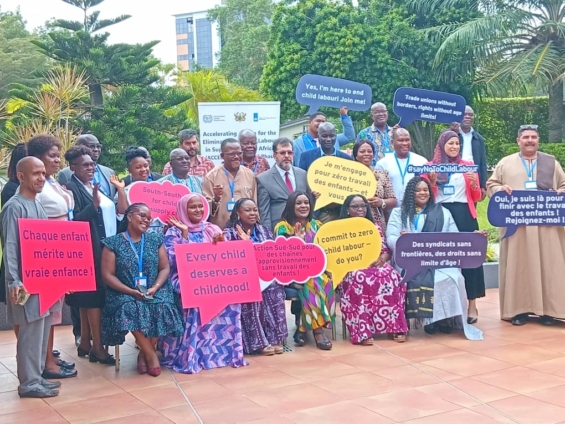
Audio By Carbonatix
In a renewed effort to address the scourge of child labour across Africa, the International Labour Organisation (ILO) has convened a four-day knowledge-sharing forum in Accra.
The event brought together trade union representatives from across the continent, with participants from Nigeria, Egypt, Togo, Côte d'Ivoire, Uganda, Ghana, Malawi, Mali, and several other African countries.
The forum aims to promote collaborative strategies and forge sustainable partnerships to eliminate child labour, particularly within informal supply chains.
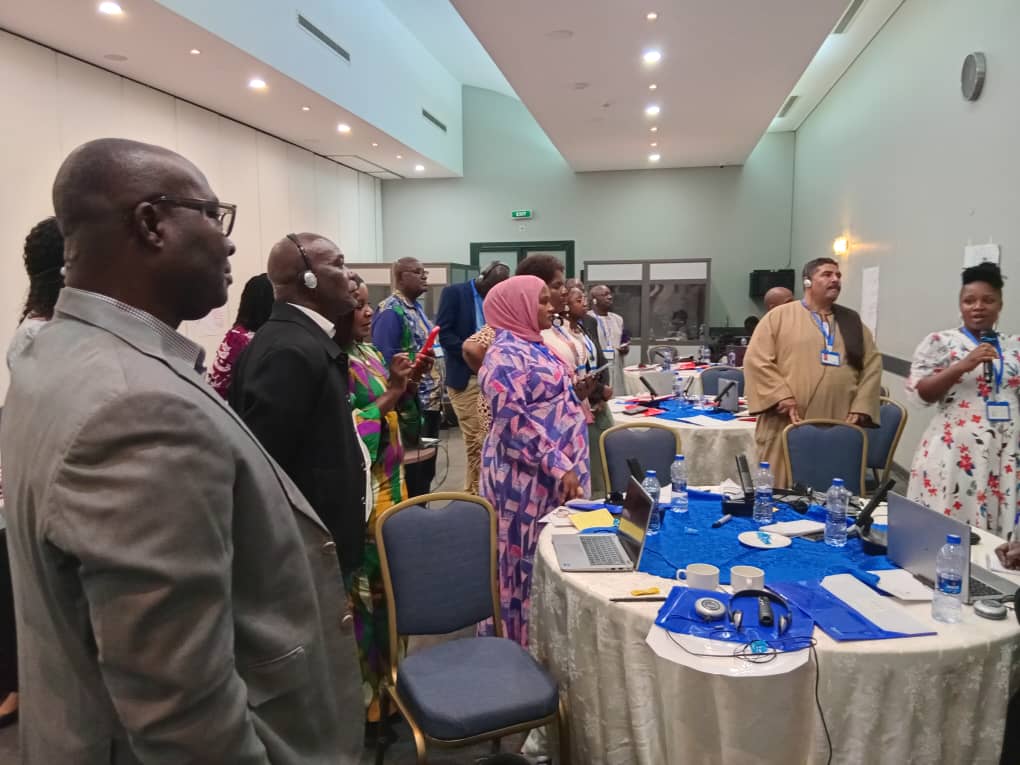
Speaking at the opening ceremony on 20th May, the Secretary-General of the Organisation of African Trade Union Unity (OATUU), Arezki Mezhoud, described child labour as a direct consequence of the lack of social justice.
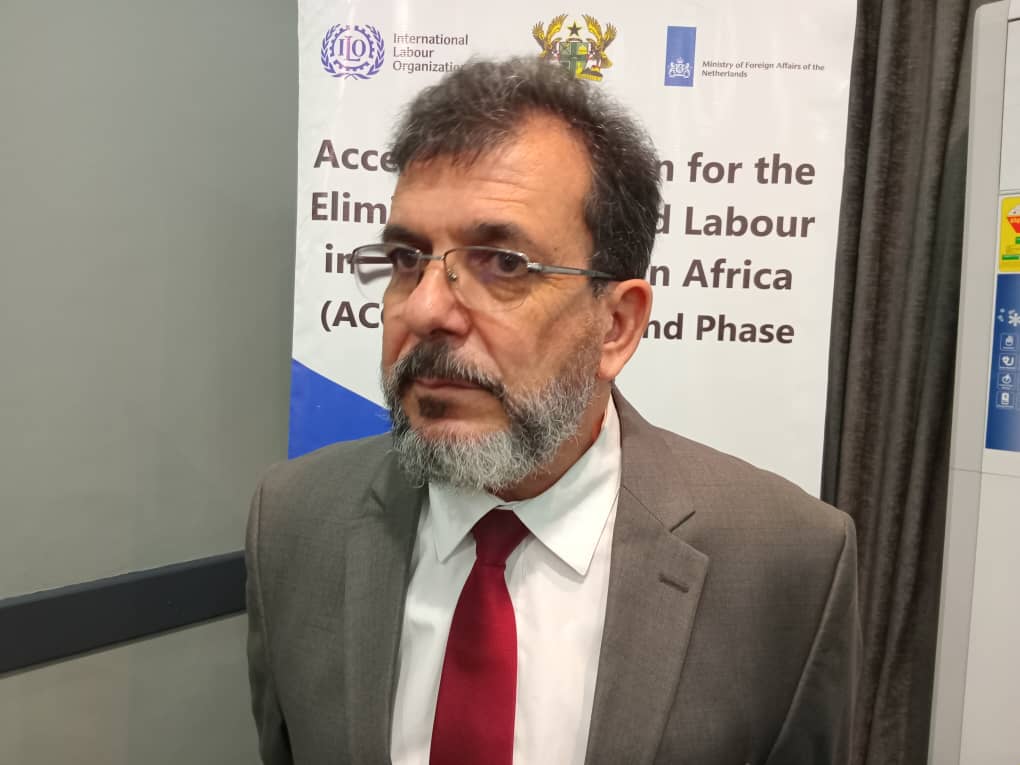
“Child labour is one of the outcomes of the absence of social justice, because social justice means fair distribution of national wealth,” he said.
He explained that wealth must be equitably shared through public goods such as free and quality education for all. When such systems are lacking, children are often forced into exploitative work.
Mr Mezhoud stressed that the creation of sustainable jobs is an essential component of social justice. Without decent employment opportunities, families are compelled to resort to child labour to meet their basic needs.
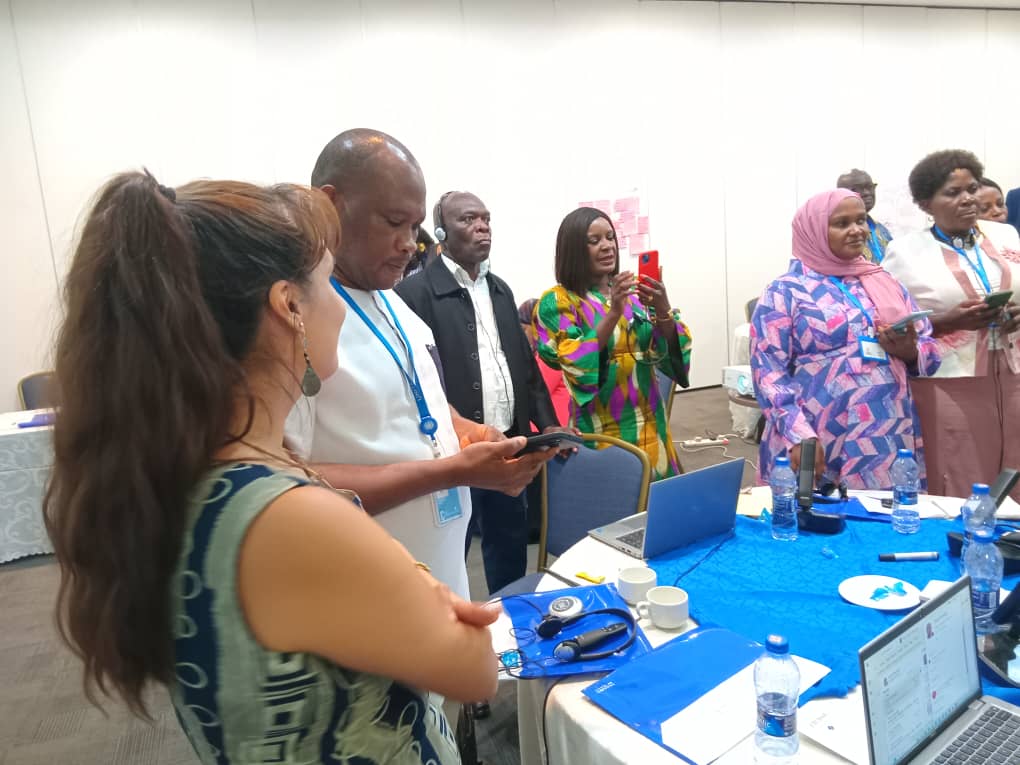
Trade unions at the forum reiterated that unemployment and underemployment in Africa have left many parents and guardians with little choice but to engage their children in work that denies them a childhood. This harsh economic reality, they said, must be addressed if child labour is to be eradicated.
Khadijah Ado Muhammed, Chairperson of the Women’s Commission of the Trade Union Congress in Niger State, Nigeria, urged African governments and stakeholders to intensify efforts against child labour by addressing its root causes.
Speaking about Nigeria’s situation, she noted that out of over two million children involved in child labour, the government is actively working to reverse the trend.
“We are trying. With the support of programmes like this, we are making progress,” she stated.

In his remarks, Andrews Addoquaye Tagoe, General Secretary of the General Agricultural Workers' Union (GAWU) under Ghana’s Trade Union Congress (TUC), highlighted a major challenge: public misunderstanding of child labour.
“There is a difference between child work and child labour,” he noted. “Children can undertake light work that does not interfere with their education, but labour that deprives them of schooling is unacceptable.”
A call to action
Mr Mezhoud called on African leaders and policymakers to place the fight against child labour at the top of the development agenda. He cautioned against blame games and instead advocated for unity of purpose.
“The best way to tackle this menace is not to accuse one another, but to work together in synergy to eradicate this phenomenon,” he urged.
David Marcus, Officer-in-Charge of the ILO Ghana Office, echoed this sentiment. He emphasised that all sectors have a role to play in ending child labour, noting that economic hardship is a major driver. He called for collective action to address these underlying issues.
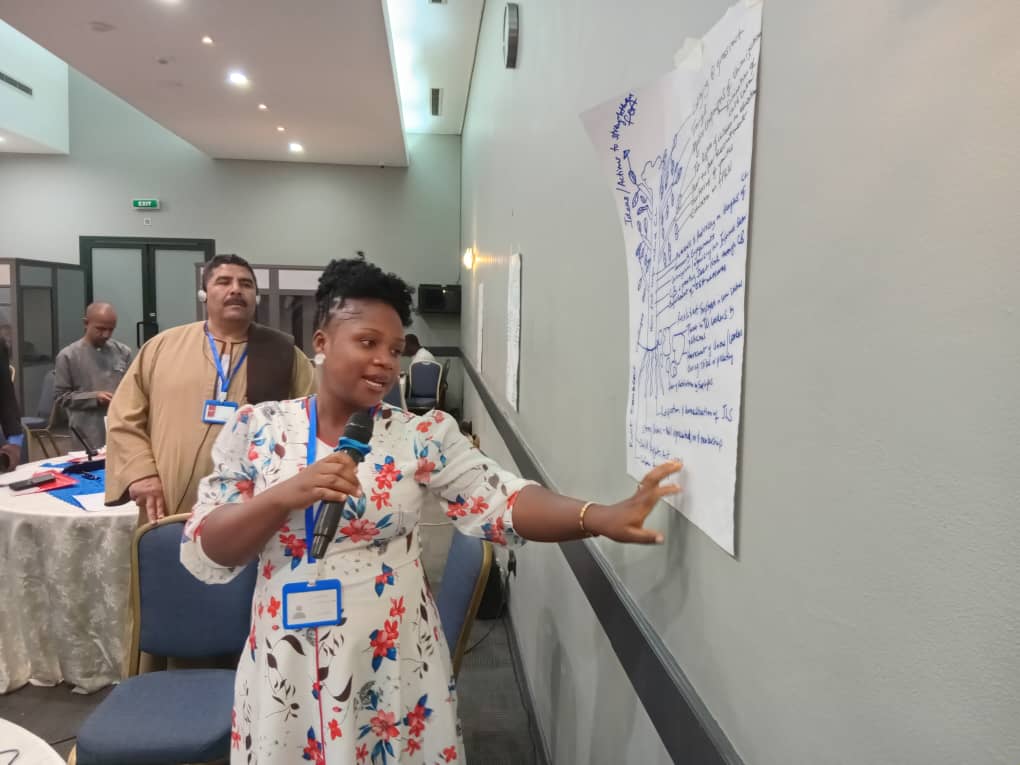
The aim of the programme
Globally, an estimated 160 million children are trapped in child labour, with half of them in Africa. Many toil in hazardous conditions, hidden within informal economies, cut off from education and meaningful opportunities.
“Trade unions are uniquely positioned to be powerful agents of change in the fight against child labour,” said Vanessa Phala-Moyo, ILO Country Director for Nigeria, Ghana, Liberia, and Sierra Leone.
“This forum is not just a meeting—it is a commitment to action. By strengthening collective power and forging new partnerships, we are taking a decisive step toward a future where every child is free from exploitation and every worker enjoys decent work,” she added.
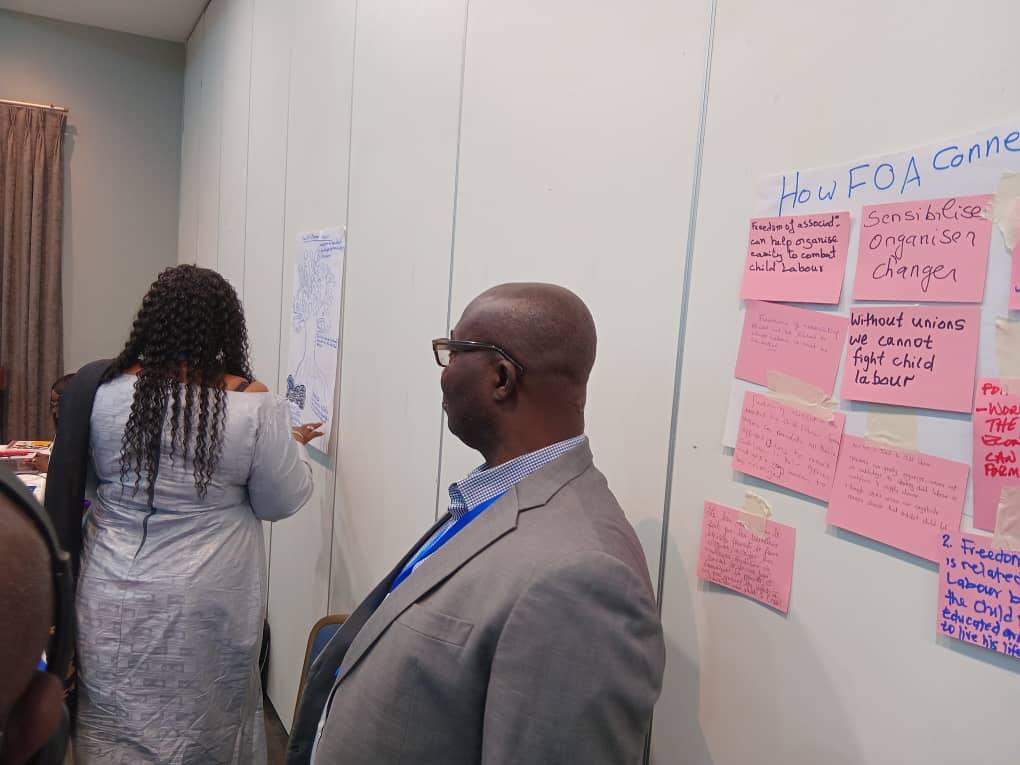
The forum responds directly to these urgent challenges by:
- Promoting peer-to-peer learning on effective trade union strategies;
- Facilitating coordinated advocacy and joint action plans;
- Building sustainable South-South partnerships to extend the reach and impact of unions in child protection.
Key highlights of the event include:
- High-level panels on labour rights, freedom of association, and youth inclusion;
- Practical workshops and skills-building sessions;
- Dialogues with workers in the informal economy;
- The development of a regional action framework.
The Accra forum also serves as a prelude to the World Day Against Child Labour on 12 June 2025, when the ILO will release updated global estimates in collaboration with UNICEF. These figures will guide future policy and advocacy efforts.
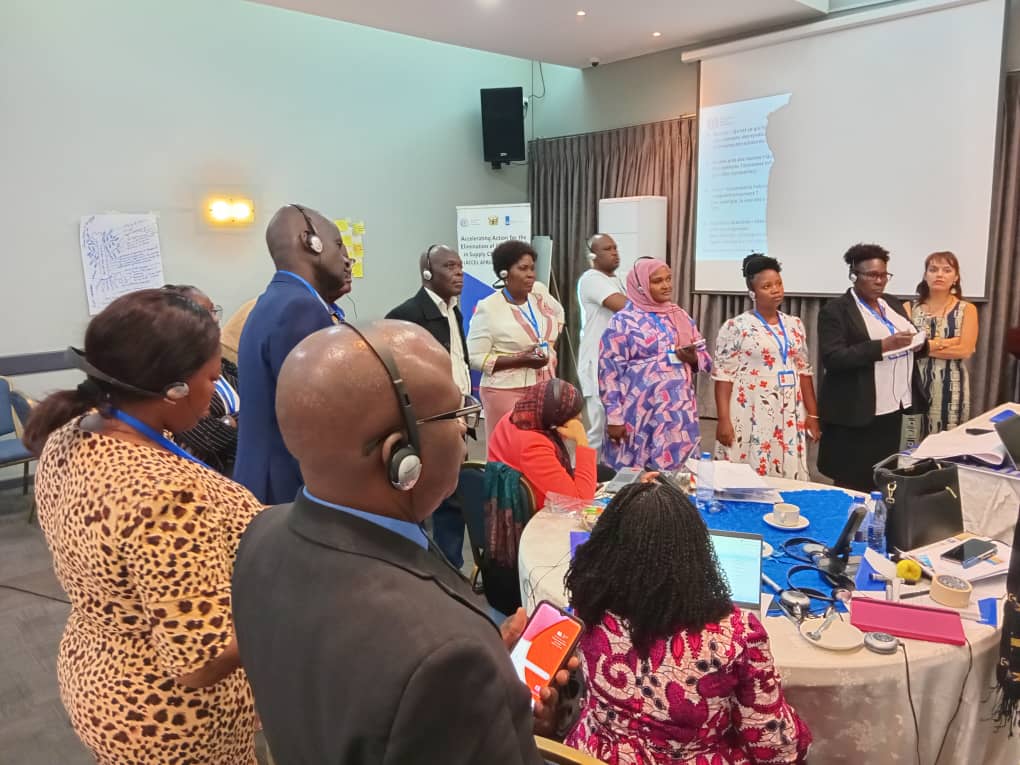
Held under the theme “Developing Meaningful Partnerships Among Trade Unions to Eliminate Child Labour in Supply Chains,” the programme marks a significant regional milestone, feeding into global momentum, uniting voices, strategies, and willpower to end child labour once and for all.
Latest Stories
-
Police investigate ‘abhorrent’ racist abuse of players
5 minutes -
FIFA wants injured players to stay off for one minute
15 minutes -
Pacquiao and Mayweather agree professional rematch
24 minutes -
Ghana intensifies U.S. investment drive with strategic California outreach
1 hour -
UK says ‘nothing is off the table’ in response to US tariffs
1 hour -
Netflix boss defends bid for Warner Bros as Paramount deadline looms
2 hours -
One Man, One Woman or Polygamy?
2 hours -
‘The end of Xbox’: fans split as AI exec takes over Microsoft’s top gaming role
2 hours -
Carney heading on trade trip as Canada seeks to reduce reliance on US
2 hours -
Trump threatens countries that ‘play games’ with existing trade deals
2 hours -
A Plus seals three-year partnership with MGL for Gomoa Easter Carnival
3 hours -
Parliament to probe SHS sports violence; sanctions to apply – Ntim Fordjour
3 hours -
Upholding parental choice and respecting the ethos of faith-based schools in Ghana
3 hours -
SHS assault: Produce students in 24 hours or we’ll storm your school – CID boss to SWESBUS Headmaster
4 hours -
GSTEP inducts Greater Accra finalists, equips young innovators with critical skills for regional showdown
4 hours

